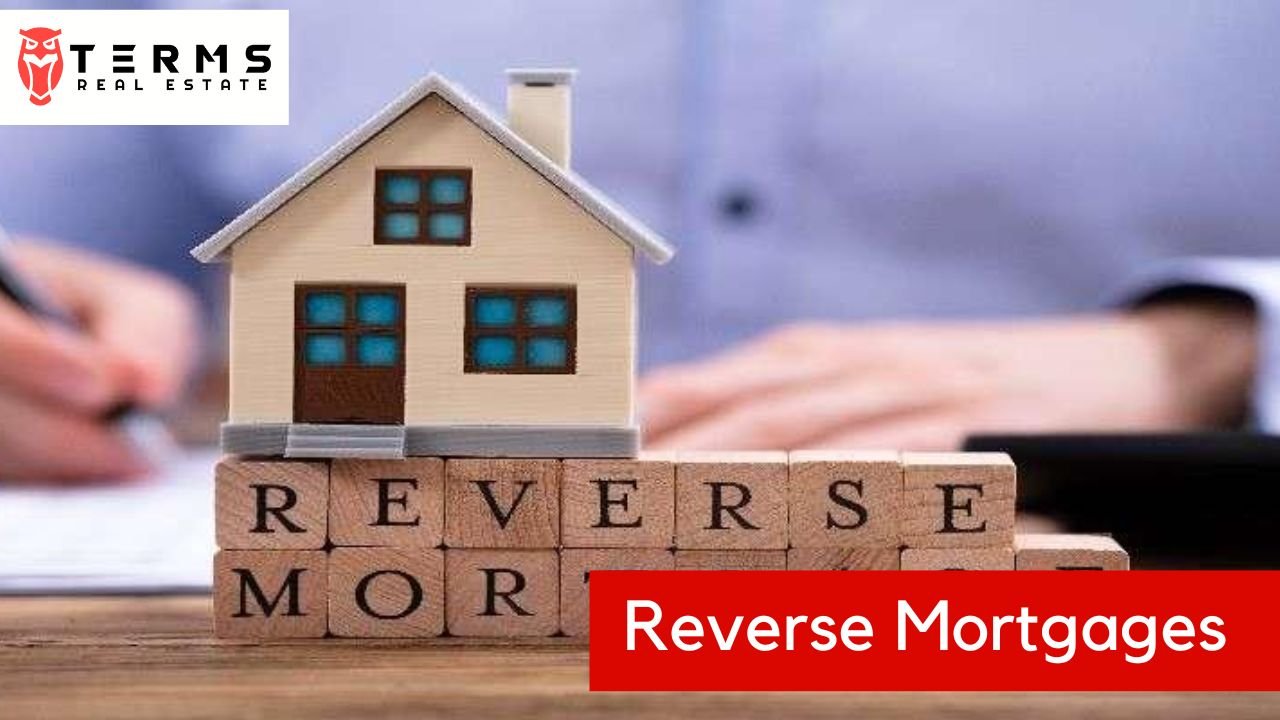If you are 62 or older and want to get money to pay your mortgage, supplement your income, or pay your medical expenses, you may want to consider a reverse mortgage. It allows you to convert a portion of your home equity into cash without having to sell your home or pay additional monthly bills. But take your time: a reverse mortgage can be tricky and may not be right for you. A reverse mortgage can use the equity in your home, which means fewer assets than your heirs. If you decide to look for one, review the different types of reverse mortgage and comparison storage before choosing a particular company.
What is a reverse mortgage?
Reverse mortgage is one of the most powerful programs and one of the most misunderstood mortgage programs in the market. Thousands of Americans are retreating here every day in the United States, and saving rates, retirements, IRA dividends, and investment income are reaching declining levels of return. A reverse mortgage can be the answer to many homes.
A reverse mortgage is, by definition, the opposite of a traditional mortgage. A common term mortgage is a pawn placed in your home that requires monthly principal payments and interest paid to the lender for servicing that debt.
Is a reverse mortgage safe?
This is one of the most popular questions we receive, and we want you to know that they are safe and that many will find that the benefits of a reverse mortgage are considerable. Every year, thousands of homeowners use reverse mortgages as a source of additional income to eliminate mortgage payments, pay for medical care, improve the home, and create cash reserves in an emergency. You can use the money you receive from a reverse mortgage to do what you want; there are no restrictions, it’s your money and your home.
How Do Reverse Mortgages Work?
When you have a standard mortgage, you pay the lender every month to buy your home over time. In a reverse mortgage, you get a loan on which the lender pays you. Reverse mortgages take a portion of your home equity and convert them into payments, which is a sort of advance payment of your net worth. The money you receive is usually tax-free. Generally, you do not have to pay for your money while living at home. When you die, sell your home or change, you, your spouse, or your estate will pay the loan. Sometimes that means selling the house to get money to repay the loan.
There are three types of reverse mortgages: single-use reverse mortgages offered by certain state and local government agencies, non-profit organizations; private reversible mortgage loans; and reverse mortgages insured by the federal government, also known as Home Mortgage Capital Equity (HECMs).
If you get a reverse mortgage of any kind, you make a loan on which you borrow against the equity in your home. You keep the title at home. Instead of paying monthly mortgage payments, you get an advance on the equity in your home. The money you receive is generally not taxable and usually does not affect your social security or health insurance benefits. When the last surviving borrower dies, sells the home, or no longer lives as the primary residence, the loan must be repaid. In some situations, a non-borrower spouse can stay at home. These are the things to consider on reverse mortgages:
- There are fees and other costs: Reverse mortgage lenders usually charge origination fees and additional closing costs, as well as administration fees over the life of the mortgage. Some also charge mortgage insurance premiums (for HECMs insured by the federal government).
- You need more over time: When you receive money from your reverse mortgage, interest is added to the balance you owe each month. This means that the amount you must raise increases as interest on your loan accumulates.
- The Interest rates may change over time: Some reverse mortgages have variable rates tied to a financial index and change with the market. Floating rate loans tend to give you more options as to how you get your money through the reverse mortgage. Some reverse mortgages – mainly HECMs – offer fixed rates, but they tend to require you to take your loan as a lump sum at closing. Often, the total amount that you can borrow is less than what you could get with a variable rate loan.
- Interest is not tax-deductible each year: Interest on reverse mortgages is not deductible in tax returns – as long as the loan is not repaid in whole or in part.
- You have to pay other costs related to your home: In a reverse mortgage, you hold your home’s title. This means that you are responsible for property taxes, insurance, utilities, fuel, maintenance, and more. Also, if you do not pay your property taxes, do not keep the homeowner’s insurance, or keep your home, the lender may ask you to repay your loan. As a result, the lender may charge an amount of “withdrawal” to pay their taxes and insurance during the loan. You are still responsible for maintaining your home.
- What happens to your spouse? With HECM loans, if you signed the loan documents and your spouse does not own it, in some situations, your spouse can continue to live at home even after his death if he pays taxes and insurance and continues to keep the property. But your spouse will no longer receive money from HECM because it was not part of the loan agreement.
- What can you leave to your heirs? Reverse mortgages can use the equity in your home, which means fewer assets to you and your heirs. Most reverse mortgages have a “no-go” clause. This means that you, or your property, cannot have more than the value of your home when the loan is due, and the house is sold. With a HECM, generally, if you or your heirs want to repay the loan and keep it instead of selling it, you would not have to pay more than the estimated value of the home.
Types of reverse mortgages
When determining if a reverse mortgage is right for you, determine which of the three types of a reverse mortgage is best for you.
- Reverse mortgages for individual use are the cheapest option: They are offered by local and local government agencies as well as non-profit organizations but are not available everywhere. These loans can only be used for a purpose specified by the lender. For example, the lender may say that the loan can only be used to pay for repairs, improvements, or property taxes. Most low- or moderate-income homeowners may qualify for these loans.
- Reverse mortgages are private loans guaranteed by the companies that develop them: If you own a high-value home, you can get a more jumbo loan through a private reverse mortgage. So if your house has an estimated higher value and you have a small mortgage, you may be entitled to more funds.
- Real Estate Mortgage (HECM) Mortgage is a Federal Government-backed mortgage loan secured by the US Department of Housing and Urban Development (HUD). HECM loans can be used for any purpose.
HECMs and proprietary reverse mortgages may be more expensive than traditional home loans, and upfront costs can be high. This is especially important if you plan to stay in your home for a short period or borrow a small amount.
Remember that before you do a reverse mortgage, do your research and make sure you understand how it works. As long as you know it, then a reverse mortgage is best for you to consider.



